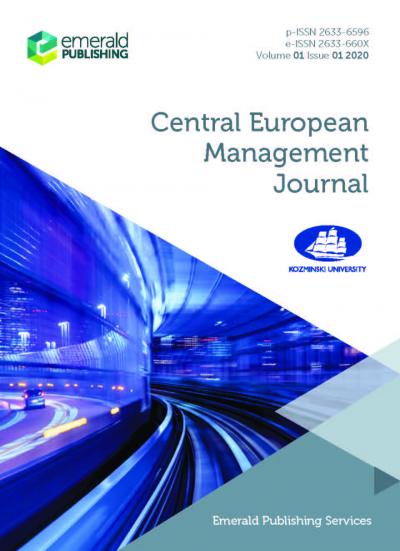Revenue Management Practices in Peer-to-Peer Accommodation: The Case of Airbnb
Ewa Kiczmachowska
Kozminski University
6/2022 30 (2) Central European Management Journal
DOI 10.7206/cemj.2658-0845.78








